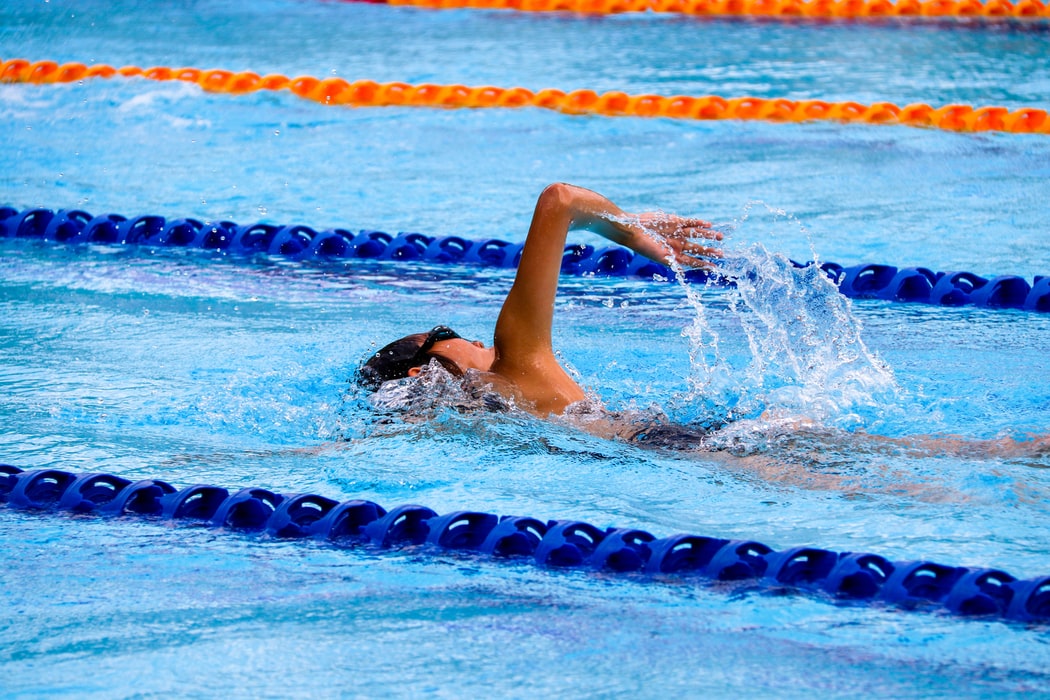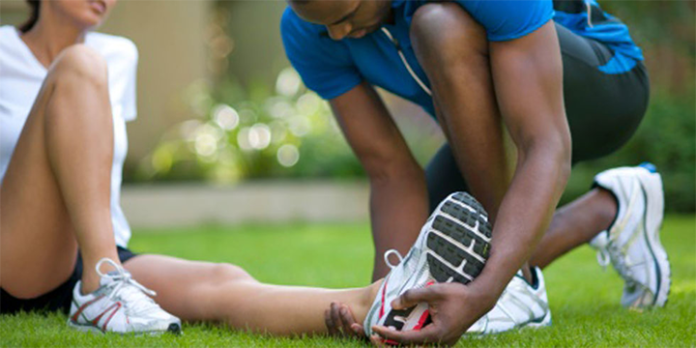One of the unavoidable dangers that goes hand in hand with doing any kind of sport is being hurt, and it’s not uncommon for physiotherapists, physicians and other health professionals to be on hand to help if the worst happens.
But while the physical impact of the injury is well cared for, the emotional effects are less likely to be even noticed, and therefore they are denied little priority.
THE PSYCHOLOGICAL EFFECTS OF A SPORTS INJURY
Failure to consider the need for emotional healing may hinder or interfere with an athlete or a sportsman’s physical healing. It is common to experience emotions of denial, frustration and sorrow following an accident-often to the point of rage and depression.
Those who did well and train hard without any difficulties could be overcome with a sense of injustice, while many would feel the fear of losing their skill-which most times forms the core identity of a sports player.
Throw in the possibility of anxiety over missed sponsorship revenue, disruptive fatigue if the injury affects mobility, and a general sense of low self-esteem, and it becomes clear that failure to address such issues properly will easily influence, delay or even derail recovery.
Visualize a healthy you
Don’t underestimate the visualisation capacity. Judy, senior manager at TrumpLearning which provides the best mcat prep course says ,studies have shown that we activate the same regions of our brains as we imagine an action and execute the action.
When you are healing from a broken ankle, take a full step view of yourself sprinting around the field with two safe, working feet under you. Would you like to make one of your three pointers every single one until you play again? Imagine each of them falling into the sea.
Stick with Your Rehab Program
A basic fact I found in recovering from my shoulder injury was that if you pursue your recovery plan, you will get better (and you won’t). The thing is that rehab hurts (a lot!), it’s dull, tiring, monotonous, it’s getting old quick. That is why so many injured athletes end up either shortening or missing training sessions, or not putting their best effort into doing so.

Result: Recovery delayed or incomplete. Jolly, an accounting homework help writer, says, There’s also a group of injured athletes who think more is better and they perform more sets and reps on more days than their recovery staff suggests. Unfortunately, this attitude of “more is better” also leads to overuse of injuries and other complications, and a sluggish rather than rapid recovery.
UNDERSTAND THE NEED FOR ADEQUATE REST
It is entirely normal to want to speed the healing process up, particularly for physically active people, and too much inactivity can easily lead to harmful behaviours and frayed tempers. John, an expert providing services like pay for research paper says, However, it is helpful to keep others informed about the tremendous value of rest for the healing process and the best recovery possible.
It also builds trust between medical personnel and athletes. Due to the fear of prolonged care or avoiding a return to sport, it is not uncommon for someone to experience discomfort or other symptoms related to their injury.
Redirect Your Energies
One of the worst aspects of an injury is that you cannot do what you usually do, and are sometimes at a loss how to use the energy that builds up in you every day. Kelly who offers to do my assignment services says, Another drawback is that you missed everything in your life that was a source of self-esteem, affirmation, purpose, fulfilment and happiness.
Your best path is to find something you can guide your energies into, and that will provide you with what you used to do with sports. For example, learning a musical instrument can be anything, cooking, reading, school, whatever. The main thing is to find something that you can care about and just throw yourself into it the way you got into your sport.
This does not only affirm how you feel about yourself, but it will also relieve your mind from your injury’s pain and recovery challenge.
LEARN HOW TO CONNECT MIND AND BODY
Practices such as meditation are well known to build a sense of calm and relaxation, and similar methods can be used to improve recovery self-confidence. Visualization includes imagining a situation that is happening in the back of your mind, and it has proved useful to those who struggle to overcome depression after a long-term sport injury.
Imagining muscles to rebuild and build strength lowers pain levels and speeds up the healing process.
Similar strategies can also be useful in the initial time of injury, where unexpectedly the risk of relapses or further injuries can be increased. With some basic guidance, the methods of good breathing, meditation, concentration and self-hypnosis are easy to learn-all of which help to prevent stuck thought and anxiety.
Nick, who offers research paper writing service says, There is no ‘one stop’ solution that can deal with the often ignored question of psychological injuries related to sports, but there are plenty of strategies and ideas addressed here to at least address the issue.
For those involved in the management of sport injuries, dealing with the psychological consequences of a sport injury was not the focus, but things are changing, and as knowledge increases, so too are programmes and official approaches to help.
SEEK SOCIAL SUPPORT
While medical care and aftercare are vital to supporting physical recovery, supportive structures of social support are important for psychological care. There are no specific guidelines to follow here, but try social interaction and support from as broad a spectrum as possible of interactions, including family, acquaintances and culture.
Don’t be tempted to exclude athletic peers, even though they might feel irritated at first seeing them. No one one is best placed to understand the effects of injuries and it’s this link that makes them an outstanding long-term support network.
Bottom Line
It’s a total bummer, when you get seriously hurt. But what’s an even bigger bummer isn’t getting back to the sport as soon or completely as possible. You need to do whatever you can to support your recovery so you can return to sport as good or better than you were before your injury ,as remarked by John, working with EduWorldUSA.
That means pursuing the physical therapy plan to the letter. But it also involves establishing and practising a behavioural recovery plan.





